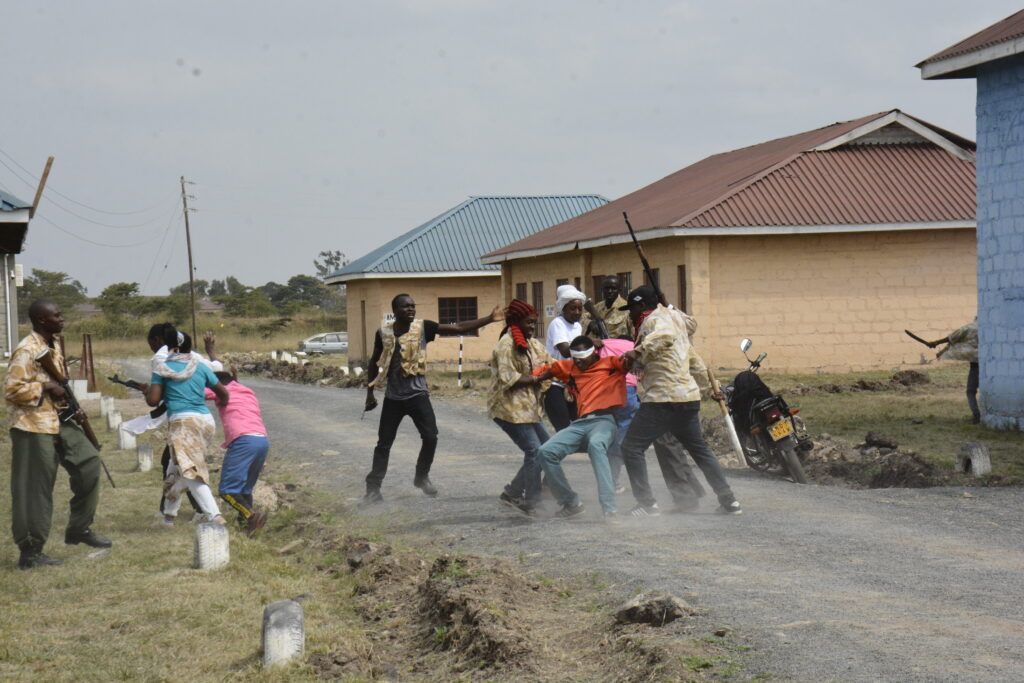DDR Within the Realm of Protection of Civilians
In February 2022, the International Peace Support Training Centre (IPSTC) ran its first Comprehensive Protection of Civilians (CPOC) course for the year. This is one of the Centre’s courses that is accredited by the United Nations (UN) to conform to the relevant UN peacekeeping training standards. The course targeted military, police, civilian and correctional service personnel serving or earmarked to serve in UN and African Union (AU) peace operations in Africa. A total of 27 participants undertook the course. They were drawn from 16 countries in Africa and Asia as well as 4 peacekeeping missions namely UNMISS, MONUSCO, UNISFA and AMISOM. One of the main things that stood out from the course is the strong relationship between DDR and protection of civilians’ mandate.
The participants held that without proper DDR programmes, civilians will always be in danger. It was argued that missions that have protection of civilians’ mandate without outright consideration or authority on DDR, often fail to realize significant protection of civilians. What this tells us, is that DDR is at the centre of civilian protection. Ensuring that armed groups are disarmed, properly demobilized and successfully reintegrated creates a sense of safety and security which may, in the long run, translate to sustainable peace. Therefore, it was recommended that protection of civilians’ mandates, where possible, should be accompanied by DDR considerations.

IPSTC Photo/ Field demonstration on protection of civilians

IPSTC Photo/ An ongoing lesson on tier three of protection of civilians
In view of the above, DDR discussions were a common thread in the CPOC training. Indeed, the concept was integrated right from the first lesson on the distinction between civilians and combatants. Further, DDR was said to play a role in achieving the three tiers of protection of civilians. However, its highest contribution was reported to be on the operationalization of the third tier, which is the establishment of a protective environment. This tier is premised on programmes that help create a safe environment for civilians. The hypothesis here is that reduction of arms and armed groups contributes to reduced violence against civilians.
The trainees indicated that proliferation and possession of weapons and arms by armed groups give them power and control. Consequently, this puts the lives of vulnerable persons, including women and children, under threat. It is no wonder that cases of sexual violence and recruitment and use of children are rampant in armed conflicts. Thus, IPSTC will continue to mainstream DDR discourse in CPOC and other related courses.
